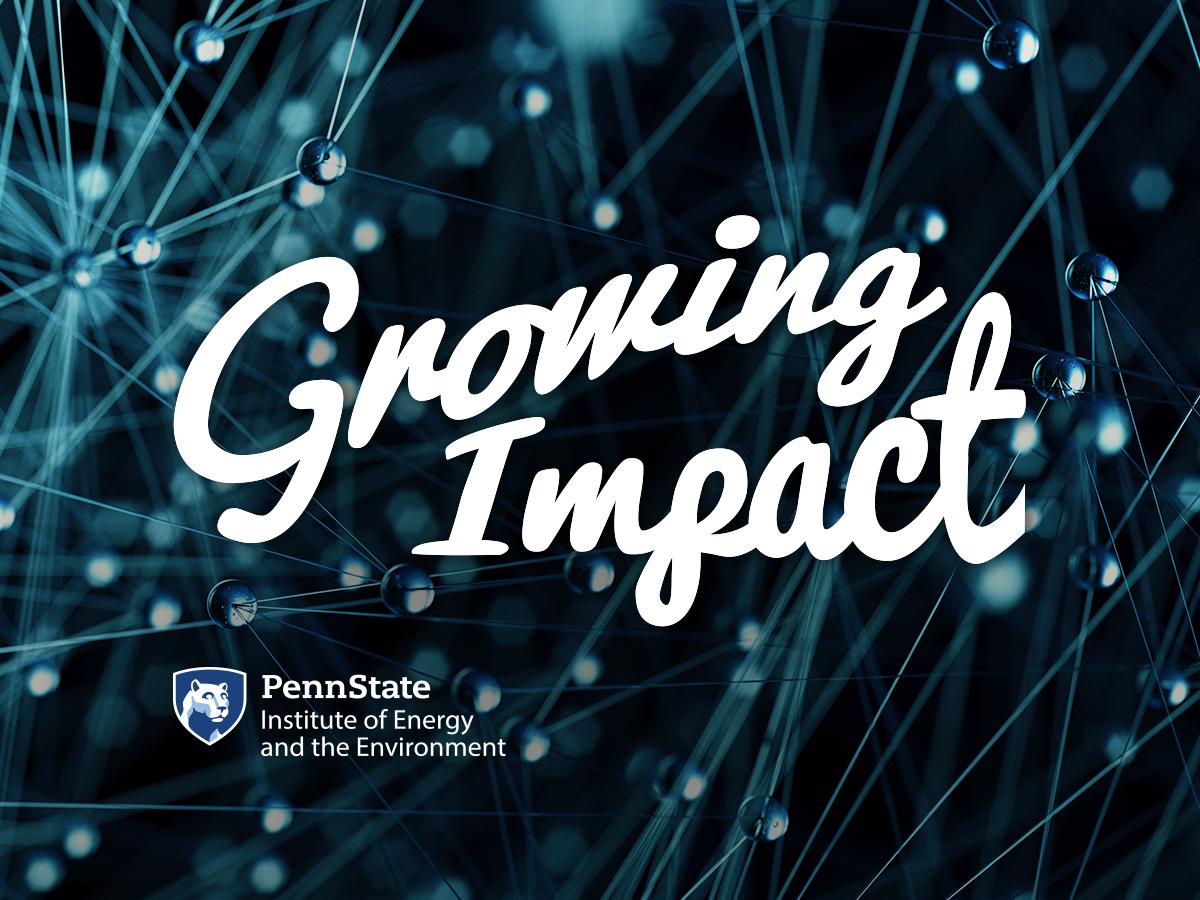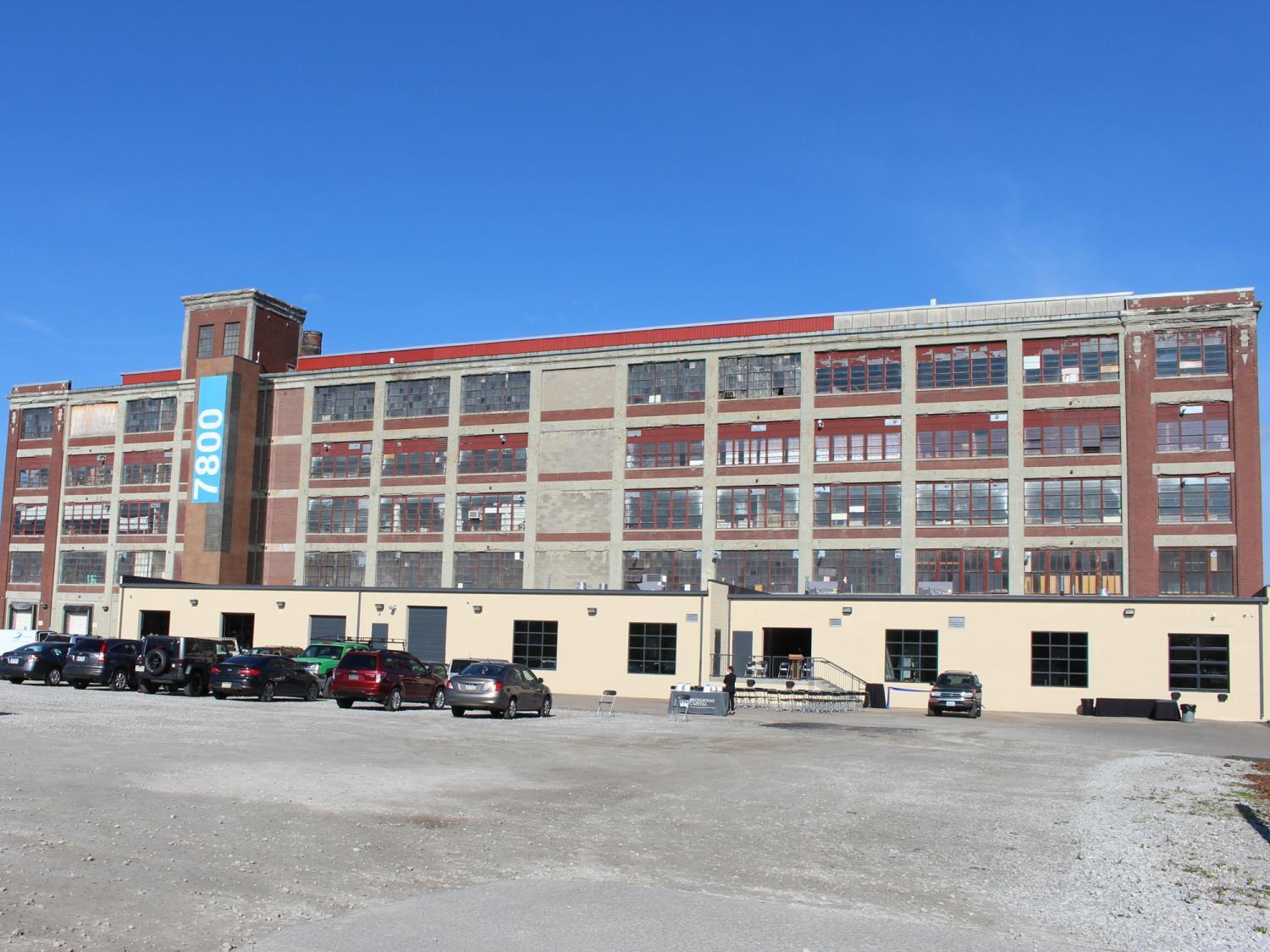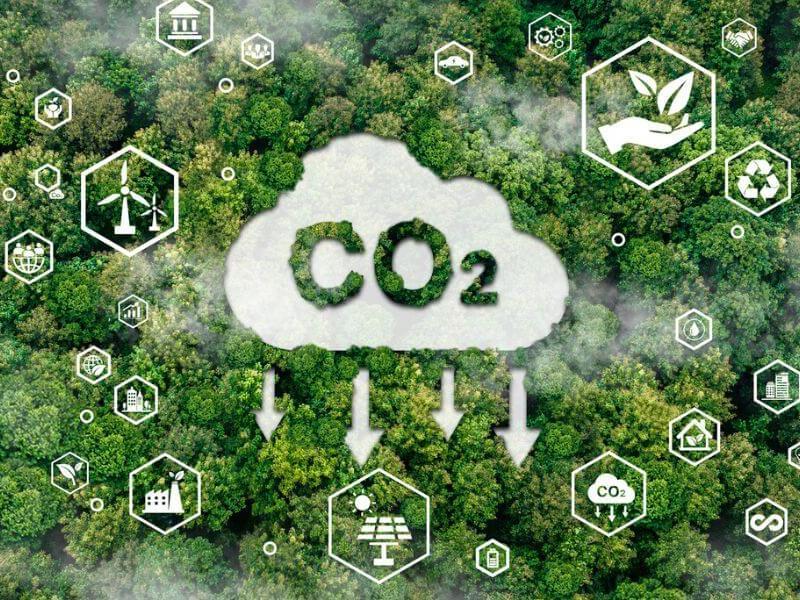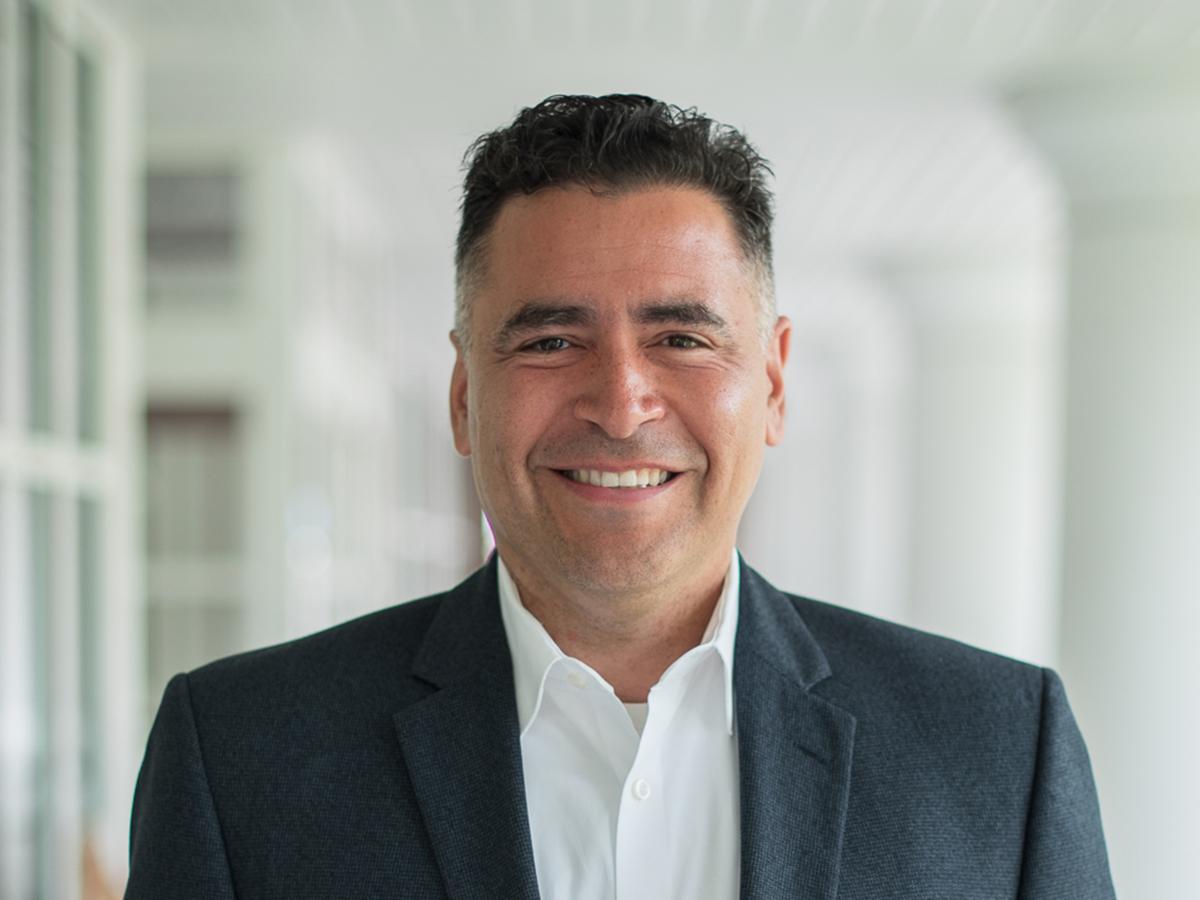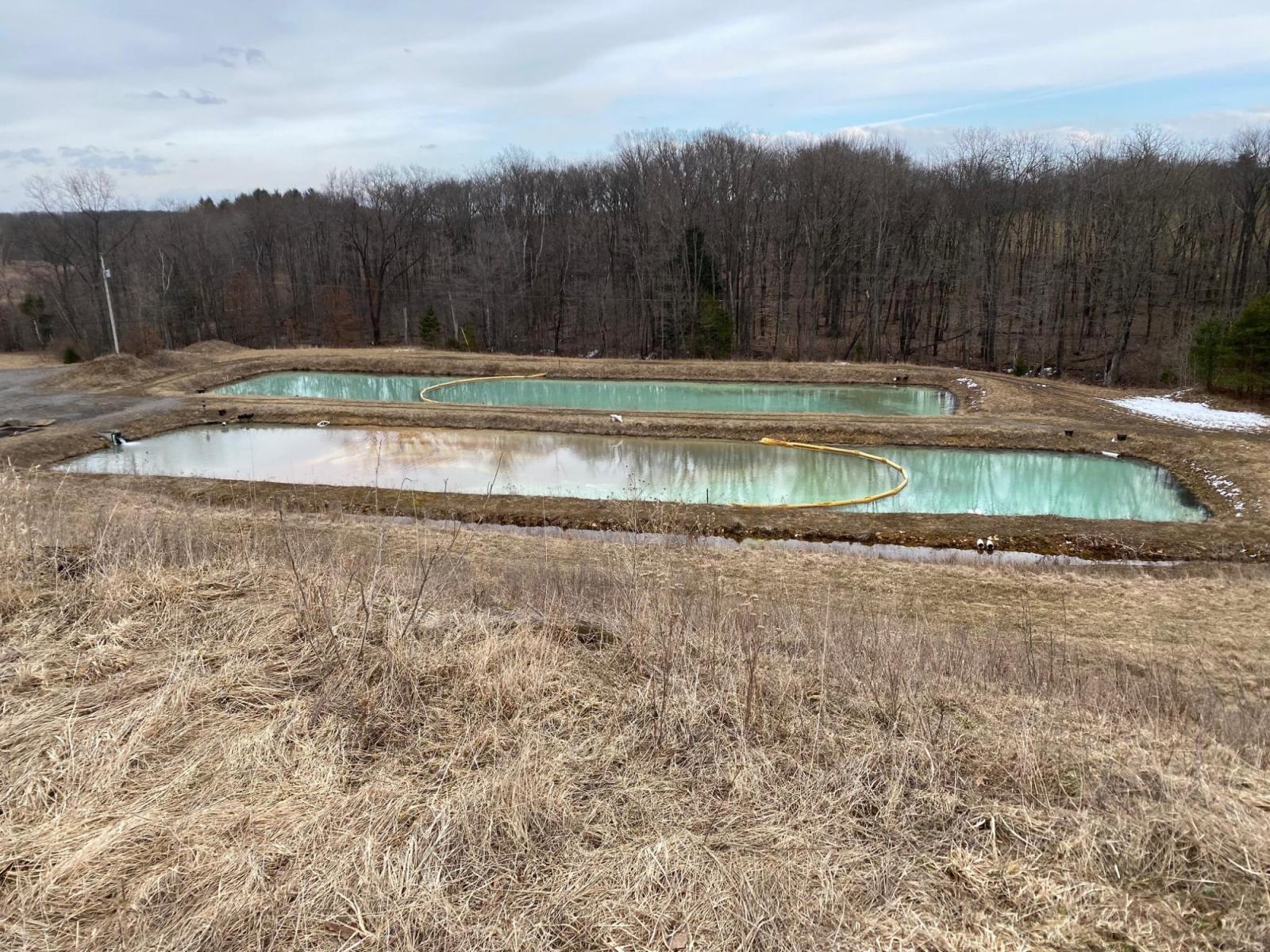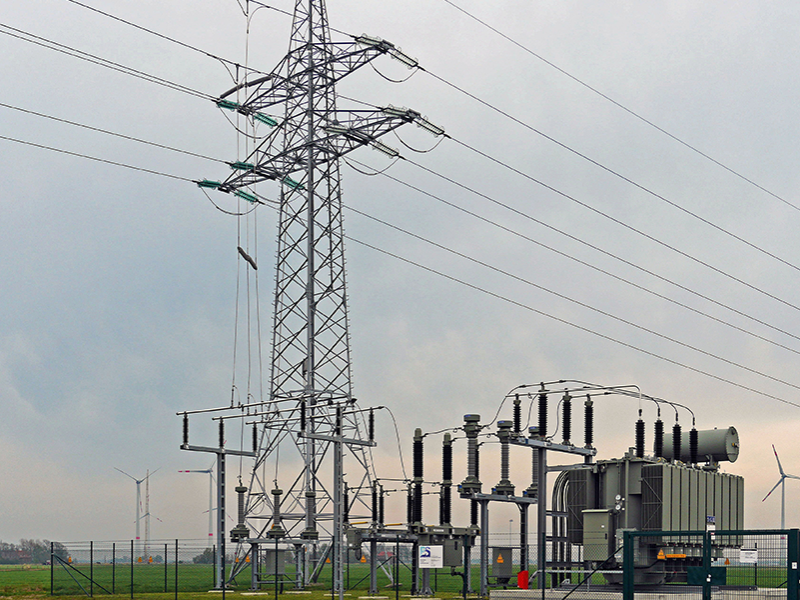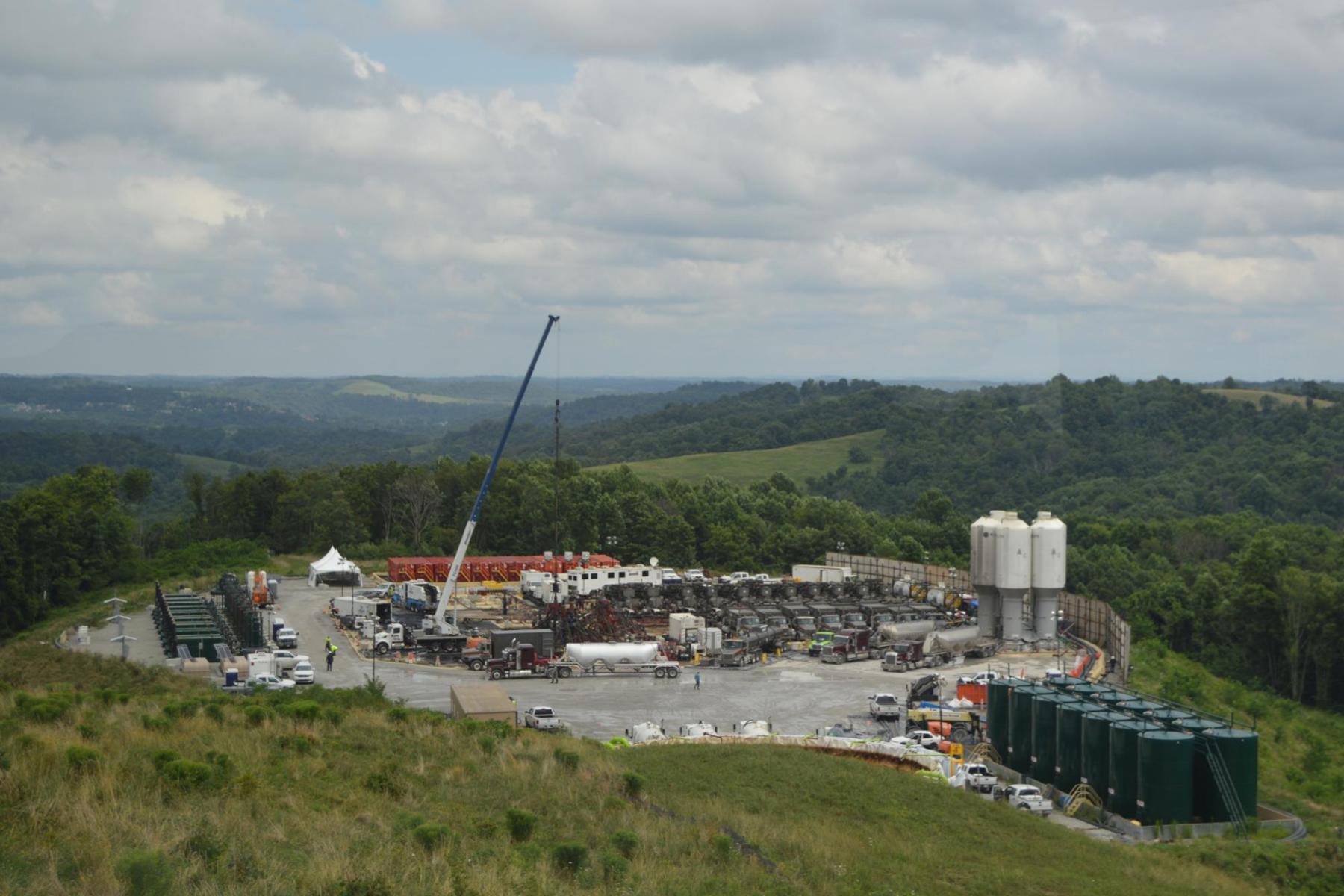The latest episode of the "Growing Impact" podcast explores how researchers are using advanced computation to design catalysts that can accelerate the process of converting carbon dioxide into useful products. Nelson Yaw Dzade, an assistant professor in the John and Willie Leone Department of Energy and Mineral Engineering at Penn State, is leading the project that is also looking to nature for inspiration on materials to use as catalysts.
The Appalachian Regional Commission (ARC) has awarded $600,000 to Penn State’s Silicon Carbide Innovation Alliance (SCIA) to develop a series of educational courses, workshops, and paid academic and industrial internships focused on workforce development in Pennsylvania for the growing semiconductor industry.
Pennsylvania College of Technology’s Clean Energy Center and Pittsburgh Gateways Corp. will co-develop a state-of-the-art workforce training and career exploration center at Pittsburgh’s 7800 Susquehanna Street, a hub for manufacturing, makers, small businesses, nonprofits and job training. The new facility will be one of two Penn College satellite weatherization and building performance workforce development centers in western Pennsylvania; the college’s Latrobe location opened in 2021.
The Center for Quantitative Imaging (CQI) has launched the Penn State CT Users Group. Open to faculty, students and researchers across all Penn State campuses, the group welcomes those interested in harnessing the power of computed tomography (CT) for their work. All experience levels are encouraged to participate.
A team from the University of Southern California Viterbi School of Engineering and Penn State College of Earth and Mineral Sciences has received funding from the U.S. National Science Foundation to establish a center named CO2 Storage Modeling, Analytics and Risk Reduction Technologies (CO2-SMART). CO2-SMART will be dedicated to innovation in geologic sequestration of carbon dioxide as a technology to enable industrial decarbonization at scale.
Luis F. Ayala, professor of petroleum and natural gas engineering and holder of the William A. Fustos Family Professorship in Energy and Mineral Engineering at Penn State, assumed the head of the John and Willie Leone Family Department of Energy and Mineral Engineering at Penn State, effective July 1.
A Penn State research team was recently awarded a $4.99 million grant from the U.S. Department of Energy (DOE) to develop and assess advanced separation technologies for the extraction and recovery of rare earth elements and other critical materials from coal, coal wastes and coal by-products.
A project co-led by two Penn State professors has been selected to receive up to $815,959 from the Grid Deployment Office of the U.S. Department of Energy (DOE). The team will evaluate prospective market design changes to efficiently integrate batteries and other unconventional resources into wholesale electricity markets, with the aim of improving electrical grid reliability.
The EMS Energy Institute held a stainless steel and plastic tubing training workshop on April 5, 2024, at the Institute with a focus on Swagelok materials. Brad Maben, who supports graduate student and faculty research and who routinely assists them in assembling research components, taught the three-hour workshop.
The Marcellus shale natural gas boom provided the U.S. with an abundant, lower-carbon footprint fossil fuel, but also brought concerns over increased methane emissions. A team led by Penn State researchers has developed a new tool that can estimate the emissions potential of these wells after they are no longer active.


